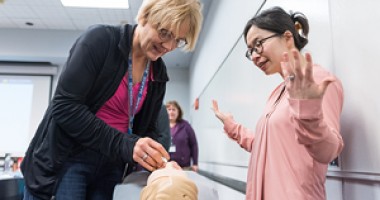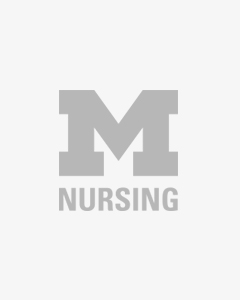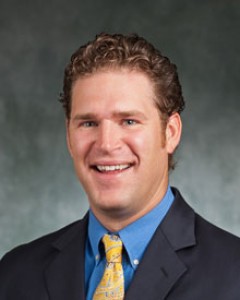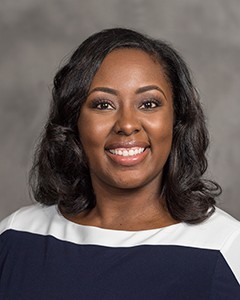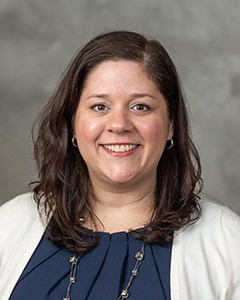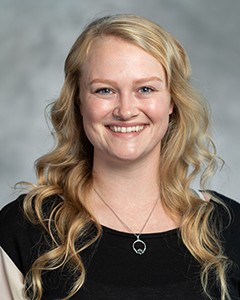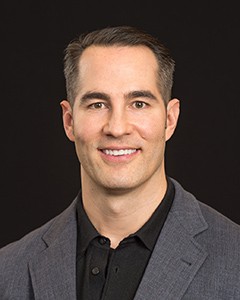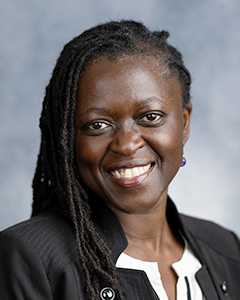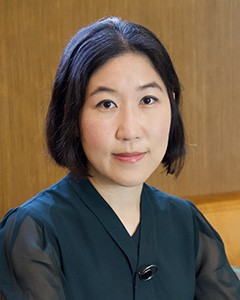Department of Health Behavior and Biological Sciences (HBBS)
History
Founded in 2013, the Health Behavior and Biological Sciences (HBBS) department at the University of Michigan School of Nursing emerged from the merger of the Department of Acute, Critical and Long-Term Care Programs with the Department of Health Promotion and Risk Reduction Programs. Originally named Department One, it was renamed in January 2015 to more accurately encapsulate the areas of expertise and the mission carried by its faculty, staff, and programs. Dr. Janet Larson served as the newly titled department’s first chair, setting a precedent for excellence and innovation.
Strategic Development
Between early 2023 and fall 2024, the HBBS members devoted their collective efforts to articulating the department’s essence through a formal Identity, Mission, and Vision.
Identity Statement
We are a vibrant and diverse interdisciplinary community of leaders who integrate scholarship, teaching, practice, and service to advance health equity and the health of all.
Mission Statement
To educate and inspire curious, socially conscious, and creative scholars and practitioners at all levels to use innovative and person-centered healthcare approaches that advance health equity through a nursing-centric lens.
Vision Statement
To be at the forefront of inclusive, innovative, and collaborative healthcare education and transformation.
Scholarship and Research
HBBS concentrates on advancing health priorities for individuals and families across various settings, from community-based to intensive care environments. Scholarship and research here is framed by a nursing perspective, aspiring to:
Understand at-risk or health-promoting behaviors throughout the lifespan: The department is committed to investigating behaviors that reduce the risk of disease or contribute to better health. This research spans all age groups and considers how behaviors impact health from newborns through old age.
Identify interactions between various processes that influence health outcomes and address health inequities: The department acknowledges that health is multifaceted, affected not just by individual choices but also by a complex interplay of behavioral, physiological, cultural, structural, and socioeconomic factors. Scholarship and research in this area aims to unravel how these different elements interact and together shape health outcomes and/or address health inequities for individuals, couples, families, and communities.
Use participatory approaches to design and test interventions: The department values collaborative research methods that involve the participants and communities in the research process from the beginning and conceptualization of the project. Participatory approaches can lead to the development and testing of educational, behavioral, and clinical interventions that are more culturally and contextually sensitive to the needs of the population, with the goal of improving health outcomes and reducing health disparities.
Focus on areas such as chronic illness, women’s health, and prevention of HIV and other illnesses: The department is dedicated to improving a range of health concerns, including the management and prevention of chronic diseases; addressing women's health issues, including reproductive health; preventing and treating HIV/AIDS and other sexually transmitted infections; and mitigating problems such as violence and housing instability that can have profound health implications.
In summary, the scholarship and research within the HBBS Department is dedicated to advancing the understanding of how behaviors and various social determinants affect health across the lifespan, developing, testing and implementing innovative healthcare interventions, and highlighting the role of nursing in improving health equity. Our scholarship is designed to be inclusive and participatory, ensuring that it is relevant and applicable to the communities it aims to serve. If you need further elaboration on any of these points or how they might translate into research projects, scholarship, clinical, or educational goals, feel free to ask!
Academic Programs
The HBBS department supports an extensive suite of nursing programs across the academic spectrum including undergraduate, master’s, and doctoral programs. Our specialized Advanced Practice Registered Nurse (APRN) programs housed within the HBBS Department include:
• Adult-Gerontology Acute Care Nurse Practitioner
• Adult-Gerontology Primary Care Nurse Practitioner
• Primary Care Pediatric Nurse Practitioner
• Primary Care Family Nurse Practitioner
• Nurse-Midwifery / Primary Care Family Nurse Practitioner
Community Teams Initiative
Launched in 2024, the Community Teams initiative is designed to foster a supportive and engaging environment for HBBS’s faculty, staff, and students. It’s five key teams and objectives are:
- Facilitate Collaboration Across Clinical, Research and Tenure Tracks: Bridge gaps between academic tracks.
- Enhance Mentoring: Cultivate growth and development opportunities.
- Advance Staff Engagement: Deepen and support staff involvement in department activities.
- Increase Transparency in Faculty Processes: Foster clear and open communication channels.
- Promote Wellness: Encourage a holistic approach to health and well-being within the HBBS department.
To learn more about the Community Teams initiative or how you can become involved, reach out to Patricia Hershberger, PhD, APRN, FNP-BC, FAAN, HBBS Department Chair, at [email protected].
Centers and Affiliates


